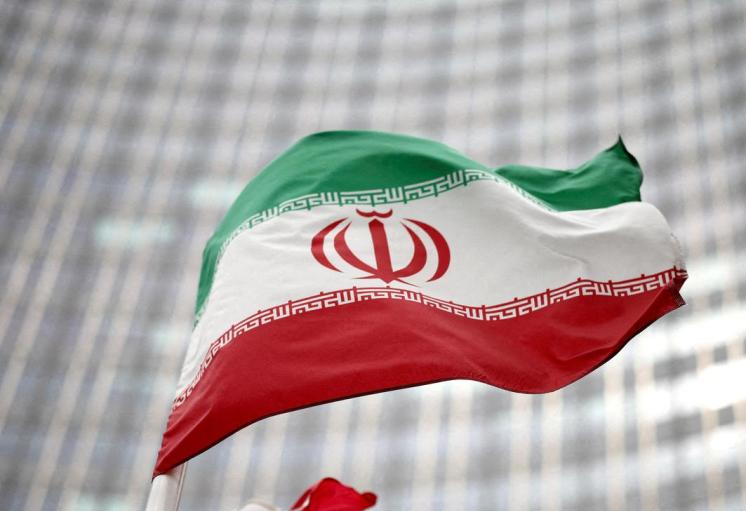
Iran and major European countries have begun a new round of talks on its nuclear program in Switzerland.
Iran and France, Germany and Britain (E3) will hold talks on the Iranian nuclear issue in Geneva, Switzerland, on Monday and Tuesday (January 13 and 14), AFP reported. This is the second time in less than two months that Iran and the three European countries have held talks on the Iranian nuclear issue.
Iranian Foreign Ministry spokesman Mohammad Bargay told a regular news conference that the talks will cover a wide range of topics, that the main purpose of the talks is to lift sanctions against Iran, and that Iran is listening to the issues that all parties want to raise.
The French Foreign Ministry said last week that the talks showed that France, Germany and Britain were continuing to work for a diplomatic solution to the nuclear issue.
Iran and France, Germany and Britain held talks in Geneva on November 29 last year, focusing on Iran's nuclear program and sanctions, as well as other regional issues, and agreed to continue diplomatic dialogue in the near future.
The second round of talks comes as US President-elect Donald Trump prepares to return to the White House. The United States unilaterally withdrew from the 2015 nuclear deal between Iran and Western powers during Trump's first term in office and reimposed sanctions on Tehran.
Iran responded by reversing its obligations under the deal and enriching uranium to a high level of 60 percent.
French President Emmanuel Macron said last week that the accelerated development of Iran's nuclear program "brings us very close to a tipping point." Iran later slammed the comments as baseless and deceptive.
France, Germany and Britain accused Iran in December of increasing its stockpile of highly enriched uranium to unprecedented levels without any credible civilian justification. "We reaffirm our determination to use all diplomatic means to prevent Iran from obtaining a nuclear weapon, including the use of a response mechanism if necessary," they stressed.
The rebound mechanism, part of the 2015 nuclear deal, allows signatories of the agreement to reimpose U.N. sanctions on Iran in the event of a "significant non-compliance" with its commitments.
Al-jazeera quoted experts as saying that several provisions of the Iranian nuclear agreement have expired, and the provisions on the rebound mechanism will expire in October this year, so the willingness of all parties to reach a new understanding through negotiations has increased.
Iranian President Mohammad Pesehidzyan has expressed support for reviving the nuclear deal and called for an end to Iran's isolation. Iranian Foreign Minister Abbas Araghchi also told the media earlier that Iran is willing to engage in constructive negotiations on the nuclear issue.

On New Year's Day 2026, BMW China announced a "systematic value upgrade" covering 31 main models, triggering an earthquake in the luxury car market: the flagship pure electric model i7 M70L dropped by 301000 yuan, the domestic M235L fell below the 300000 yuan mark, and the 2 Series four door coupe dropped to 208800 yuan, setting a new low for the price of domestic BMW models in China.
On New Year's Day 2026, BMW China announced a "systematic v…
In the grand narrative of human space exploration, the Moon…
On January 9, 2026, the European financial market exhibited…
On the international stage in 2026, the United States is st…
In a highly controversial interview, President Trump outlin…
The Trump administration announced a significant increase i…